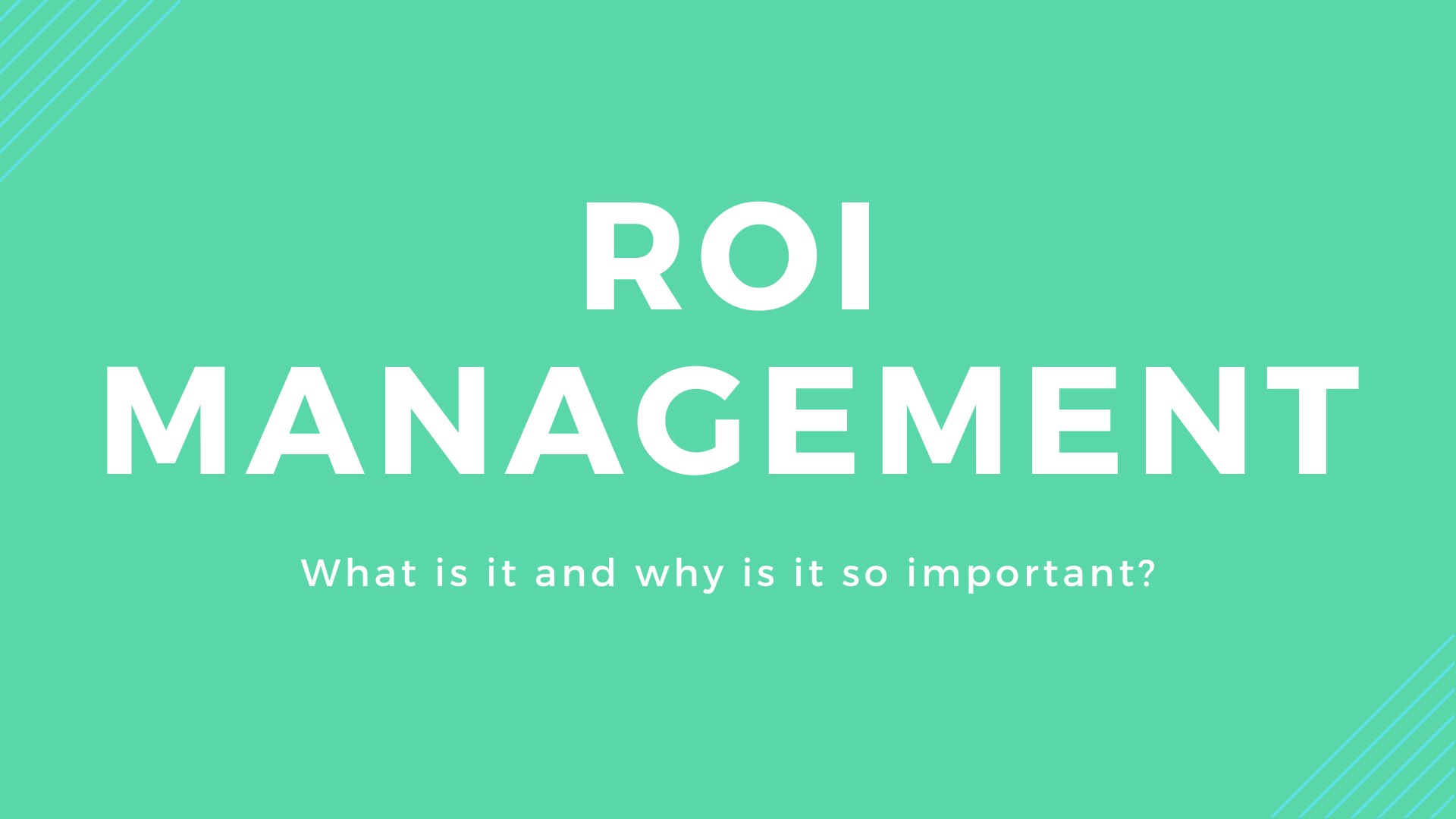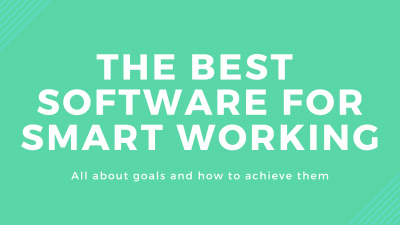Table of contents
- What's ROI management?
- ROI management on time periods
- ROI management on single projects
- Taskomat, ROI management and project management
What's ROI management?
As the term itself suggests, ROI management means "return on investment management", or - going into more detail - "management of return on investment". In the context of freelance work, doing ROI management means systematically and consciously tracking and analyzing how much and how each activity we perform earns us.
This is because, as professionals (or entrepreneurs), every new project we start and every task we complete is essentially an investment. We are indeed investing our time.
Doing ROI management essentially means being aware of how much time you are investing in certain projects compared to the revenues that these projects bring in. It is a much more conscious approach to your profession, time management, and - last but not least - project management in general.
In essence, you can do ROI management both on time periods (single days, weeks, months) and on individual projects.
Let's see in detail.
ROI management on time periods
Every time we plan activities in our daily schedule, we should have a clear understanding of the value of each activity we are planning and the daily budget we need to reach to stay on track with our revenue goals.
This is because every time we use our time for projects and tasks, we are taking away available time for other projects, potentially even more profitable ones: in fact, every time we plan, we incur an opportunity cost. We could have planned other activities, perhaps less urgent but with more margin.
Let's take a very concrete example together.
Let's assume that our annual revenue goal is $ 100,000.00 and our working habits are to work 7 hours a day for 5 days a week, with a total of 26 vacation days per year. This means that we need to reach a daily budget of $ 490, a weekly budget of $ 2,450, and a monthly budget of $ 10,780. Simple math.
More specifically, what does it mean to reach a budget of $ 490 per day? It means that if we want to achieve our goal, every day we need to provide a value of at least $ 490, which means that we need to plan tasks for a total value of at least $ 490.
Only by managing these values on a daily basis will we be truly aware of our goals and how to reach them. Knowing the value of each task and the budget to be reached, we will be able to decide what and how to plan in our days: we will finally be at the helm of our professional growth.
ROI management on single projects
Just as individual days have a budget to meet, each individual project has a budget not to exceed. Doing ROI management on individual projects is just as important as doing it on individual days: they are two sides of the same coin.
If doing ROI management on a daily basis means tracking the value of individual tasks and planning them in order to meet the daily budget, doing ROI management on individual projects means monitoring the budget throughout the entire project, its relationship with the time invested in the project, and how that budget is then translated into revenue.
Here too, let's take a concrete example.
Suppose we have a project with a budget of $ 10,000.00 , and our reference hourly rate is $ 100. This means that if we want to ensure that this project is profitable for us, we need to complete it within 100 hours.
[Small aside: the reference hourly rate is the rate at which you need to work to meet your revenue goals. This, like the daily budget, is a concept that belongs to the universe of ROI management.]
To make sure we will meet our revenue goals, we should never go below the reference rate. This means that we must always be aware of how much time we spend on each task and how this time affects the overall project budget.
For example, if we notice a gradual decrease in our hourly margin, meaning that we cannot complete the required tasks within the established estimates, we will probably need to make larger estimates. If these larger estimates lead us to exceed the overall budget, if we want to stay on track with our goals, we should request an integration from our client or at least renegotiate the agreement.
In this case, ROI management also means having the strength to impose our own modus operandi on our clients: when we notice excessive requests in relation to the agreed budget, the best way to safeguard our time investments is to ask for a budget renegotiation.
If, on the other hand, we notice a wide margin, meaning that we always complete our tasks within the actual estimates, it means that the project is going great in terms of ROI, and we will probably need to prioritize it in terms of planning, as we are able to finish tasks well ahead of time, saving time that we can invest in something else.
Taskomat, ROI management and project management
ROI management is a comprehensive approach to the daily routine of one's profession, much more rounded than just project management. Doing project management essentially means ensuring that each project is delivered within a certain deadline and meets certain requirements.
There are dozens of digital platforms that allow us to manage our projects in a simple and efficient way: for example, Asana, Toggl, Meistertask, Trello (here you can read an interesting comparison between Trello and Taskomat) - but I could add many others.
All these tools perform the task of managing their tasks and projects very well, but they do not at all fulfill the task of doing ROI management. Indeed: they do not even pose the question, probably those who created these tools do not even know what I am talking about.
All this makes perfect sense: these software are not designed to make freelancers prosper, they were simply designed to manage projects.
I have already explained in another article the reasons why Taskomat is the best productivity software. In the last lines of this article, I'll explain why Taskomat is not only the best ROI management software but practically the only one.
What sets Taskomat apart from the listed platforms and similar ones is its obsessive focus on ROI management, KPI monitoring, goal achievement, and ultimately professional growth.
Doing ROI management instead of project management means making a quantum leap forward in terms of one's profession. In this sense, Taskomat guarantees a completeness and circularity of data hitherto unimaginable: every second tracked on every single task is linked to the project budget, the client's profitability, the reference hourly rate, the daily budget to be reached, the annual financial objective, the related invoices, and the estimate if present: just like in real life.
In your life, when you work on a project, I bet you most of the time you DO NOT think about how much you can bill, how much you could lose if you take too much time, or how your performance can influence it. However, the reality is that these factors do have an impact even if you don't think about them with due attention.
In the final analysis, to do ROI management, a self-awareness of one's processes is required that no project management tool can offer. Some can develop this awareness independently - but these are damn outliers - while for all of us common mortals, there is Taskomat, which teaches us every day how to become one.
 Enrico Pacassoni
Enrico Pacassoni 

